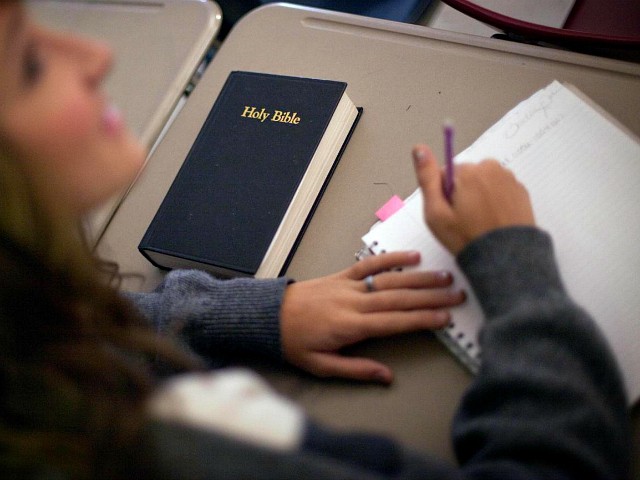Top News
West Virginia High School Approves Student-Led Bible Study Club

A West Virginia high school is integrating a morning Bible study program after one Christian student brought the idea to the principal.
Kanawha County Schools said the study will take place before class begins at South Charleston High School on November 28, WSAZ reported.
“We got an email [the] second week of November about a student-led Bible study… The student came and talked to the principal about it,” the assistant high school superintendent, George Aulenbacher, said.
The district official said that when a student wants to start a club, there must also be a faculty representative.
“Kids come with a number of different ideas. The principal has the final say-so on the club,” he told the outlet. “I think it really varies on the student and the club they want to start and work with a student to have a faculty sponsor.”
Since being approved, the Bible study will be optional for students to participate in before school.
The inclusion of the program garnered positive responses on social media.
Cool!
A student from South Charleston High School in West Virginia requested a Bible study club for interested peers.Officials with Kanawha County Schools have approved the request.
‘More students across our nation need to request this!https://t.co/TijwKxXEwr
— FAITH DΞFΞNDER (@faithdefender) November 30, 2023
As long as guest speakers fill out a volunteer form, they can be permitted to speak at the club’s morning meetings, officials said.
The Western Journal defended the club’s standing, citing a Department of Education policy:
According to guidance issued in May by the U.S. Department of Education, under the “Equal Access Act, a public secondary school receiving Federal funds that creates a ‘limited open forum’ may not refuse student religious groups access to that forum.”
The guidance states that “a ‘limited open forum’ exists ‘whenever such school grants an offering to or opportunity for one or more non-curriculum related student groups to meet on school premises during noninstructional time,” adding that allowed activities could include “a voluntary and student-initiated prayer service, scripture reading, or other worship exercise.”
Read the full article here


















